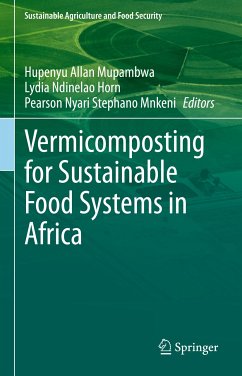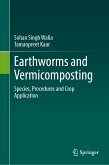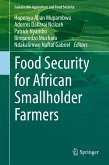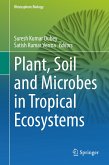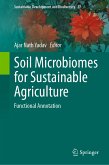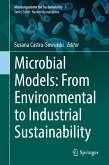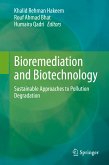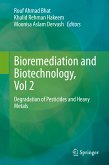This edited book collates the research done mainly in Africa on vermicomposting and related technologies that can assist African smallholder farmers in making nutrient rich organic fertilizers from their animal and crop residue wastes. Information on the development of organic sources of liquid fertilizer development for hydroponics is also presented. The book presents research findings on vermicomposting in a simplified way that will allow farmers and extension workers to adopt the indicated technologies. The book also covers critical aspects of standardization of vermicompost preparation, earthworm biology, nutrient enrichment of composts and organic liquid fertilizer production.Vermicomposting is a technology that employs earthworms to enhance the biodegradation and fertilizer value of organic wastes. The earthworms optimize the biodegradation ecosystem during composting, resulting in a final nutrient rich product with more recalcitrant forms of carbon and much lower levels of veterinary antibiotics and their metabolites. Vermicompost as an organic fertilizer is highly preferred over other forms of soil enhancers. A lot of research has been done on vermicompost and related activities in Africa but remain scattered across various publications.
The book is an invaluable source of information for farmers especially those practicing organic crop production, vermicomposting researchers, as well as extension workers.
Dieser Download kann aus rechtlichen Gründen nur mit Rechnungsadresse in A, B, BG, CY, CZ, D, DK, EW, E, FIN, F, GR, HR, H, IRL, I, LT, L, LR, M, NL, PL, P, R, S, SLO, SK ausgeliefert werden.

